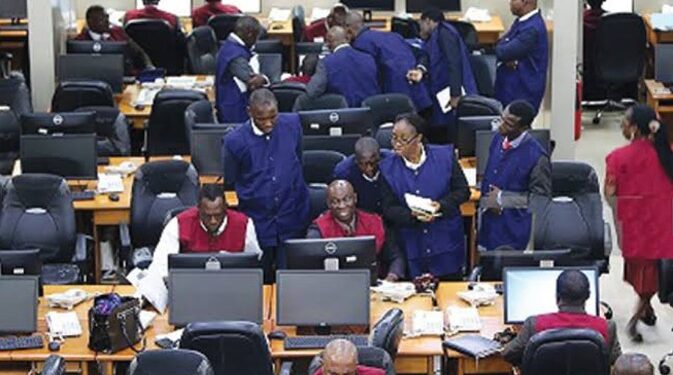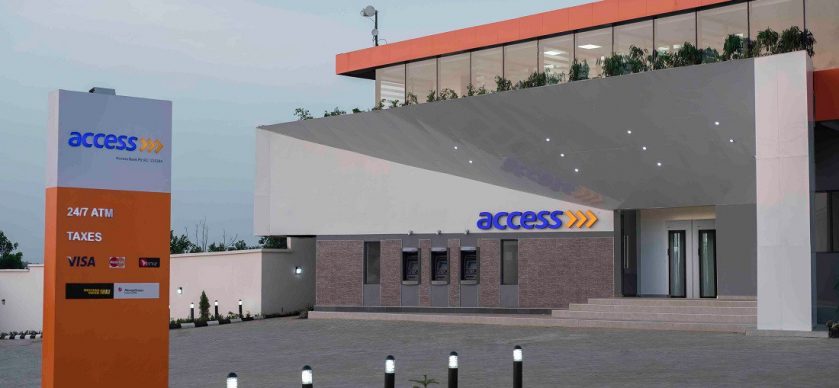Oil & Gas
Nigeria Records Over $8bn in Oil and Gas Investments After Energy Reform

Nigeria has secured more than $8 billion in new investments for deepwater and gas ventures over the past year, marking a substantial jump from $6.7 billion previously disclosed for 2024.
This was confirmed by Olu Verheijen, Special Adviser to the President on Energy, during a session at the 2025 Africa CEO Forum in Abidjan, Côte d’Ivoire. In her remarks, she credited the investment boost to comprehensive energy sector reforms.
According to Verheijen, enhanced fiscal incentives, faster regulatory processing, clearer local content guidelines, and crucial upgrades in the power sector have significantly improved Nigeria’s appeal to global investors.
“In less than a year, Nigeria attracted over $8 billion in final investment decisions for gas and deepwater projects,” she said. “This was driven by decisive presidential action that removed bottlenecks and improved the investment climate.”
Among the recent wins are major commitments like the Bonga North and Ubeta gas developments. These investments are viewed as a turning point in restoring investor confidence in Nigeria’s oil and gas space.
Earlier, Dr. Ogbonnaya Orji of the Nigeria Extractive Industries Transparency Initiative estimated the country would require around $20 billion annually for the next decade to meet its gas infrastructure goals.
In her keynote, Verheijen challenged African leaders to rethink how they approach funding, warning against emotional appeals based on regional sentiment.
“Let’s drop the myth of ‘African capital’ versus foreign capital,” she said. “Capital chases value, not identity. It doesn’t recognize borders—it moves where there are clear returns and reduced risk.”
She raised concerns over Africa’s declining share in global upstream investments, pointing out that the continent drew $340 billion between 2011 and 2015—a figure expected to dip below $130 billion between 2026 and 2030.
“That’s not a dip; that’s an existential threat to African energy development,” she stressed.
Verheijen noted that the global competition for capital is intense, with countries like Guyana, Brazil, and the U.S. Permian Basin attracting massive inflows due to favorable conditions.
To remain competitive, she advised African nations to focus on policy predictability, low carbon footprints, and efficient project execution. She also called on local stakeholders—such as African banks, pension funds, and sovereign wealth institutions—to step up and finance domestic energy projects.
“African firms must take the lead in onshore and domestic gas markets,” she said. “We understand the risks. We understand the rewards.”
Verheijen applauded the rise of local players like the Renaissance Africa Energy Consortium, which acquired Shell’s onshore assets, and referenced the Dangote Refinery as a transformative example of African industrial ambition.
She also pointed to Seplat’s new gas supply agreement with NNPC and highlighted that indigenous ownership in Nigeria’s gas sector had surged from 69% to 83%—a major shift in the industry’s landscape.
Nonetheless, she stressed that international capital remains indispensable.
“Multinational oil companies still drive over 50% of sub-Saharan Africa’s production and spending. They’re now investing in projects that are low-cost, low-carbon, and de-risked,” she said. “If we want their money, we must meet their criteria.”
In closing, Verheijen urged Africa to take control of its investment narrative.
“Africa’s future won’t be handed to us—we must design and build it ourselves,” she said. “With sound policy and a compelling investment case, capital will follow us. But we must lead the way with clarity, confidence, and strategy.”
-

Apple’s “Campos” AI Chatbot Set to Replace Siri in Major Overhaul
-

Nigerian Exchange Ends Thursday Mixed as Trading Volume Falls
-

Access Bank Sets Agenda for Africa Trade Conference 2026
-

Access Bank Sets Agenda for Africa Trade Conference 2026
-

FCMB Reports ₦177bn Profit in 2025, 141% Growth YoY
-

Telcos Plan ₦1.4tn Investment to Expand Networks in 2026 – NCC
